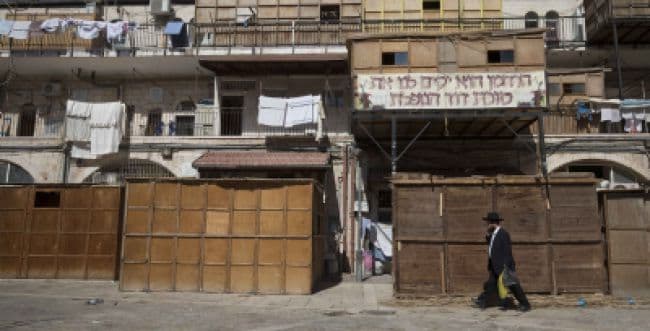Candle Lighting and Havdalah Times
Sabbath and Sukkot Holiday Candle Lighting and Havdalah Times 5784 - 2023
Sukkot is a biblical holiday celebrated for seven days, from the 15th to the 21st of Tishrei, during which every Jew is commanded to dwell in a sukkah. The first day of the holiday is a festival day, followed by six days of intermediate festival. The times for the beginning and end of the holiday are as follows

Sukkot is a biblical holiday celebrated for seven days, from the 15th to the 21st of Tishrei (the Jewish month). During this time, every Jew is commanded to dwell in a sukkah (a temporary hut or booth). The first day of the holiday is a festival day, followed by six intermediate festival days.
Sukkot is the third of the three pilgrimage festivals mentioned in the Torah. This means that during the time when the Holy Temple stood, the Israelites would go up to Jerusalem for the Sukkot festival. Sukkot is unique among Jewish holidays in that it does not have its own specific food characteristics, although it is customary to increase the consumption of fruits that are praised for their connection to the Land of Israel during this holiday.
Immediately after the conclusion of the Sukkot holiday, on the 22nd of Tishrei, we celebrate Shemini Atzeret, which is a separate holiday in its own right. The unique commandments associated with the Sukkot holiday (such as dwelling in the sukkah and blessing the Four Species) do not apply to Shemini Atzeret. In the land of Israel, Shemini Atzeret coincides with a Rabbinic holiday known as Simchat Torah, which is also distinct from the preceding two holidays.
The times for the onset and conclusion of the Sabbath and Sukkot holiday
Jerusalem:
Holiday entry (candle lighting): 17:51
Holiday exit (Havdalah): 19:01
Tel Aviv:
Holiday entry (candle lighting): 18:08
Holiday exit (Havdalah): 19:03
Be'er Sheva:
Holiday entry (candle lighting): 18:09
Holiday exit (Havdalah): 19:03
Haifa:
Holiday entry (candle lighting): 18:00
Holiday exit (Havdalah): 19:03